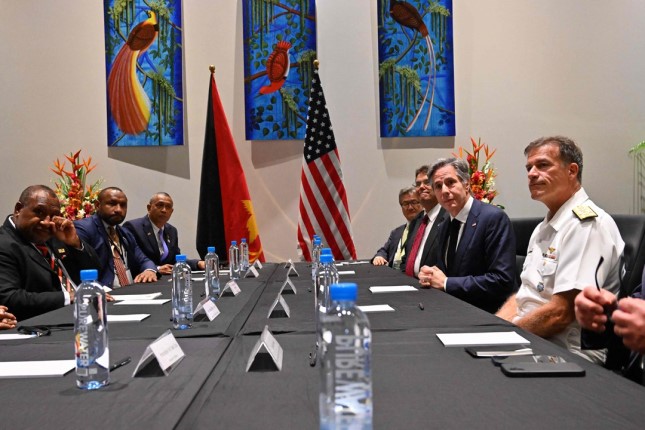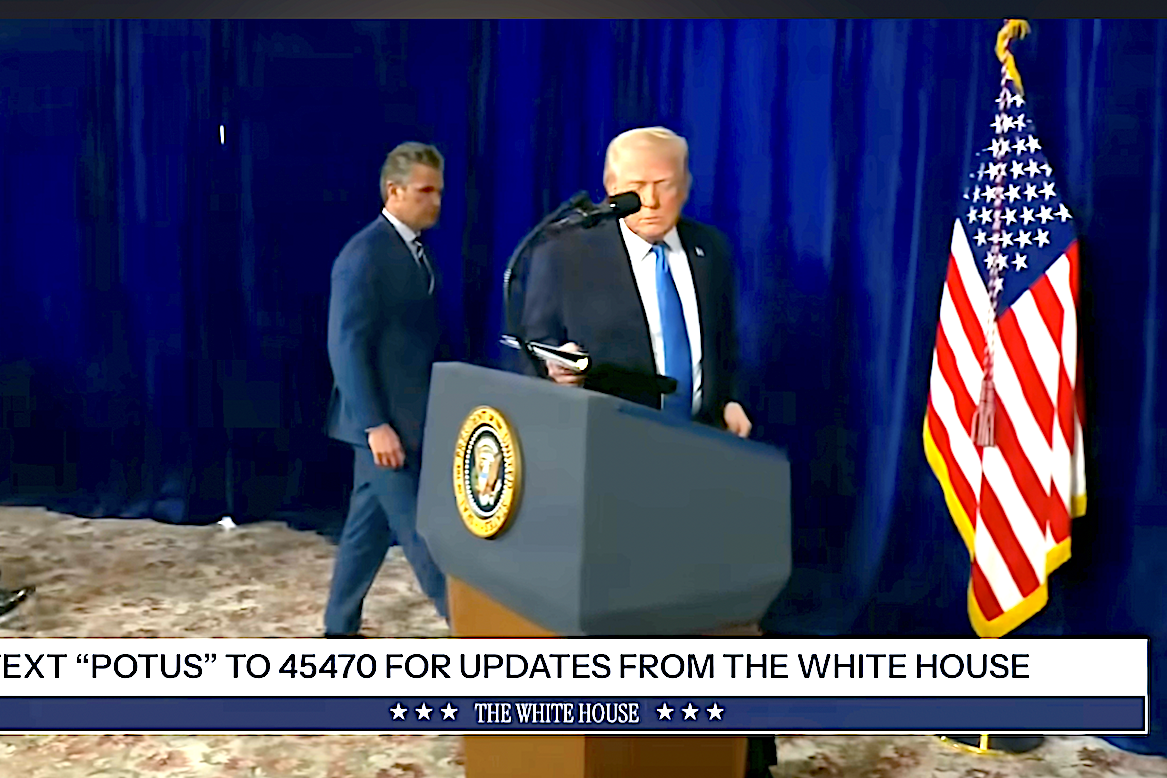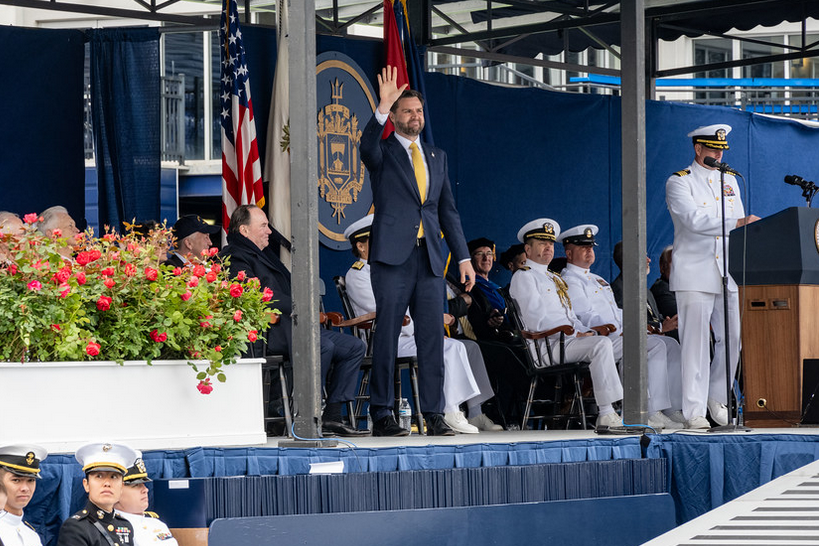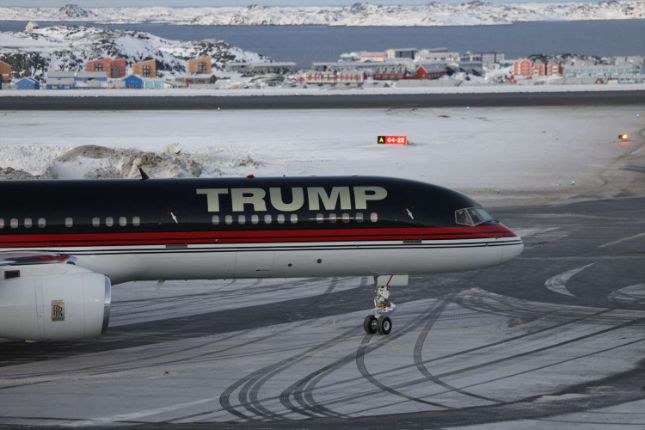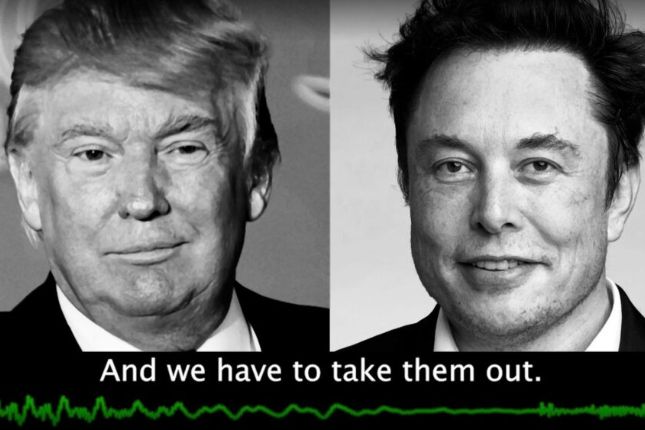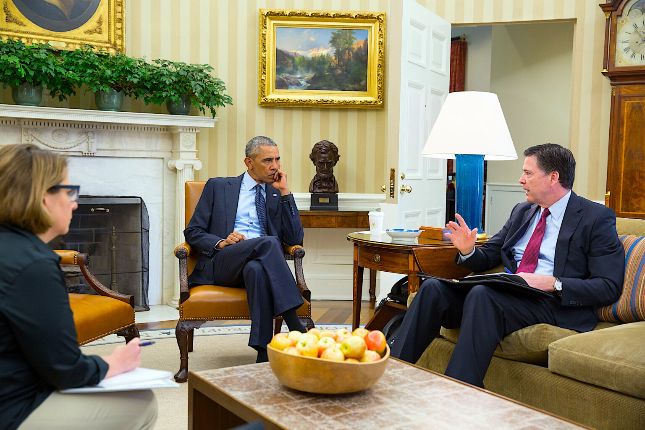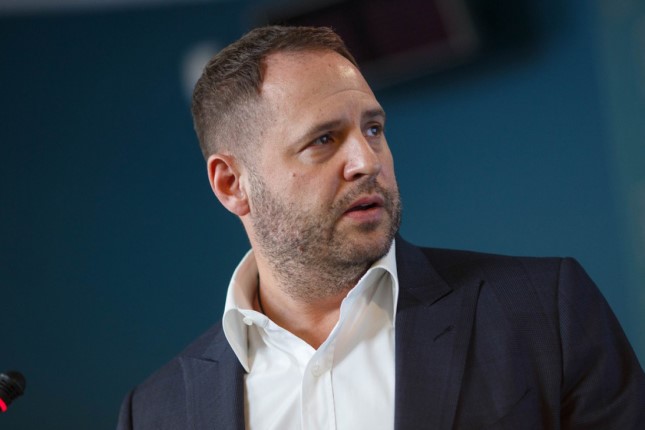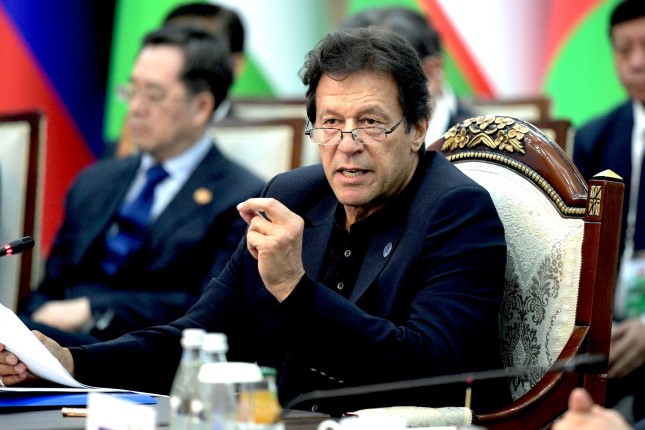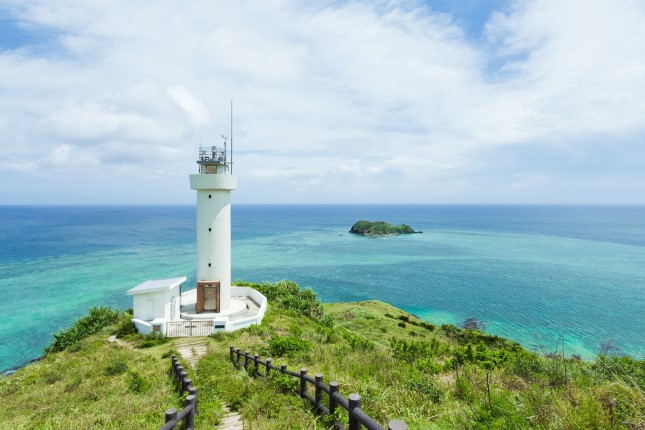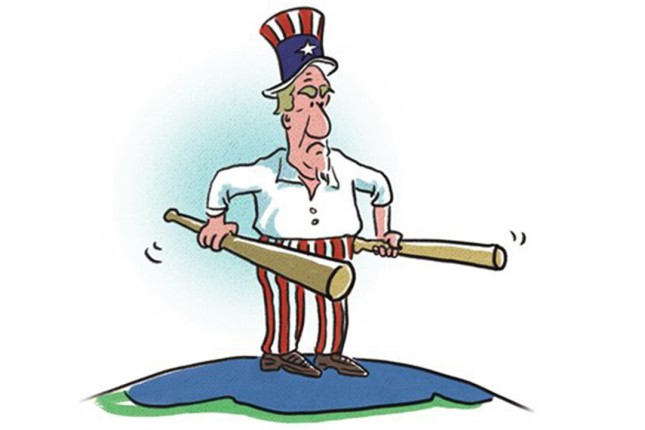US Secretary of State Antony Blinken arrived in PNG early on Monday, in place of US President Joe Biden, who cut short an Asia-Pacific trip to return to Washington for negotiations on the US debt limit. Biden would have become the first sitting US president to visit a Pacific island, but canceled the trip to focus on the debt limit talks in Washington, sparking concerns about how reliable a partner the US is in the Pacific.
The Australian newspaper, The Sydney Morning Herald, described the postponed visit as "disappointing" and a "mess," stating that Biden's withdrawal is significant because it sends a disruptive message to the Asia-Pacific region on US commitments to the area.
The US Department of State said the new agreement would provide $45 million to help improve security cooperation, including protective equipment for the PNG defense force.
But a draft copy of the Defense Cooperation Agreement leaked last week sparked concern in PNG about the extent of US military involvement in the country, with reports saying it gives US personnel and contractors legal immunity, allows aircraft, vehicles and vessels operated by or on behalf of the US to move freely within its territory and territorial waters and exempts US staff from all immigration requirements, according to The Guardian.
Amid protests, PNG's Prime Minister, James Marape, on Monday denied that US staff would have legal immunity and said no amendments would be made to the constitution or laws of the country. "It is just an elevation of the SOFA [status of forces] agreement that is already in place, and this agreement will not stop us from signing other similar agreements with other countries, including China," he said.
While many foreign media outlets are hyping up the "China threat theory" in reports about the security agreement, Chinese Foreign Ministry spokesperson Mao Ning said on Monday that China has no objection to relevant parties conducting normal exchanges and equal and mutually beneficial cooperation with PNA and other Pacific Island countries. China has always maintained that the international community should pay more attention to and support the economic development and improvement of people's livelihood in island countries, Mao said, adding that it should be wary of geopolitical games in the name of cooperation, and any cooperation should not target a third party.
The signing of the defense security agreement between the US and PNG is an important move for the US to deepen its Pacific partnership strategy, experts said. Its purpose is to strengthen the security relationship with PNG to attract and control the country, block the possibility of China developing security relations with it, and thereby restore, consolidate, and strengthen the US position in PNG and other Pacific island nations, ensuring that the US' dominant position in the South Pacific region is not challenged, Ning Tuanhui, an assistant research fellow at the China Institute of International Studies, told the Global Times on Monday.
Biden's cancellation of his visit to PNG and the meeting with Pacific Island leaders further demonstrates that the Pacific Island nations are not as important to the US as it claims in its policy declarations. This makes Pacific Island leaders more skeptical of US commitments and rekindles their disappointment to the US, Ning said.
Fundamentally, the US' attention and investment in Pacific Island nations are not proactive but passive, experts noted. Their purpose is not to help the development of Pacific Island nations, as the US has had plenty of time and opportunities in the past. Instead, it is driven to compete with China geopolitically in the region.
The government and people of these island countries are well aware of the open secret that the US wants to instrumentalize the whole South Pacific Island region, but it can be seen from their statements that they will not take sides for this reason, Chen Hong, director of the Australian Studies Center at East China Normal University, told the Global Times.
Photo: US Secretary of States Antony Blinken (3rd-right) holds a bilateral meeting with Papua New Guinea's Prime Minister James Marape (left) during the Forum for India-Pacific Islands Cooperation at APEC Haus in Port Moresby on May 22, 2023 © VCG.
Source: The Global Times.
